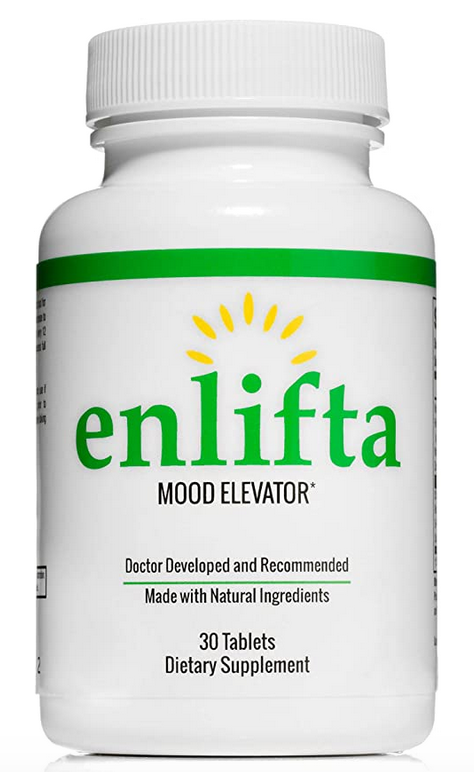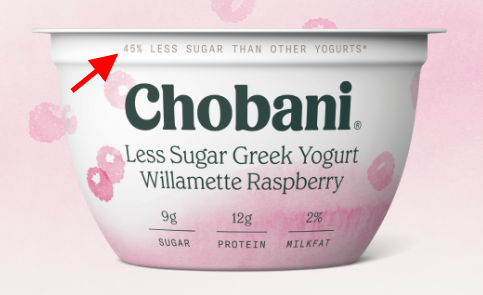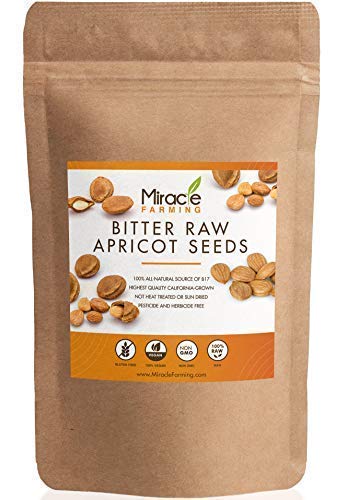
Enlifta
FDA targets supplement sellers on Amazon making unapproved disease-treatment claims.
Companies whose weight-loss supplements contain perennial shrub receive FDA warning letters.
Acacia rigidula is a perennial shrub found in Texas and Mexico and it’s popping up in numerous weight-loss dietary supplements. But the FDA considers the plant a new dietary ingredient that has not been proven safe for human consumption.
On March 7, the FDA ordered five companies selling supplements whose labeling indicates that they contain Acacia rigidula to halt their sales of those products. Warning letters were sent to:
The FDA told the companies that “there is no history of use or other evidence of safety establishing that (Acadia) rigidula will reasonably be expected to be safe when used as a dietary ingredient.” As such, the agency warned:
Failure to immediately cease distribution of your product (insert name of product) and any other products you market that contain (Acadia) rigidula could result in enforcement action by FDA without further notice.
The letters gave the supplement companies 15 days to respond with how they intend to bring their products into compliance with the law. As of March 16, at least two of the five companies (Achieve Health and Legendary Nutrition) were still selling the supplements containing Acadia rigidula on their respective websites, a TINA.org review found.
In April 2015, the FDA issued warnings to five other companies regarding eight products containing BMPEA, which is an amphetamine-like stimulant. Two of the companies identified Acacia rigidula as the source of BMPEA.
Find more of our coverage on Acadia rigidula and its use in weight-loss supplements here.
Our Ad Alerts are not just about false and deceptive marketing issues, but may also be about ads that, although not necessarily deceptive, should be viewed with caution. Ad Alerts can also be about single issues and may not include a comprehensive list of all marketing issues relating to the brand discussed.
FDA targets supplement sellers on Amazon making unapproved disease-treatment claims.
What Chobani means when it says its yogurt has 45 percent less sugar than “other yogurts.”
How Amazon steers consumers toward unproven and potentially dangerous products containing a fake vitamin called B17.

